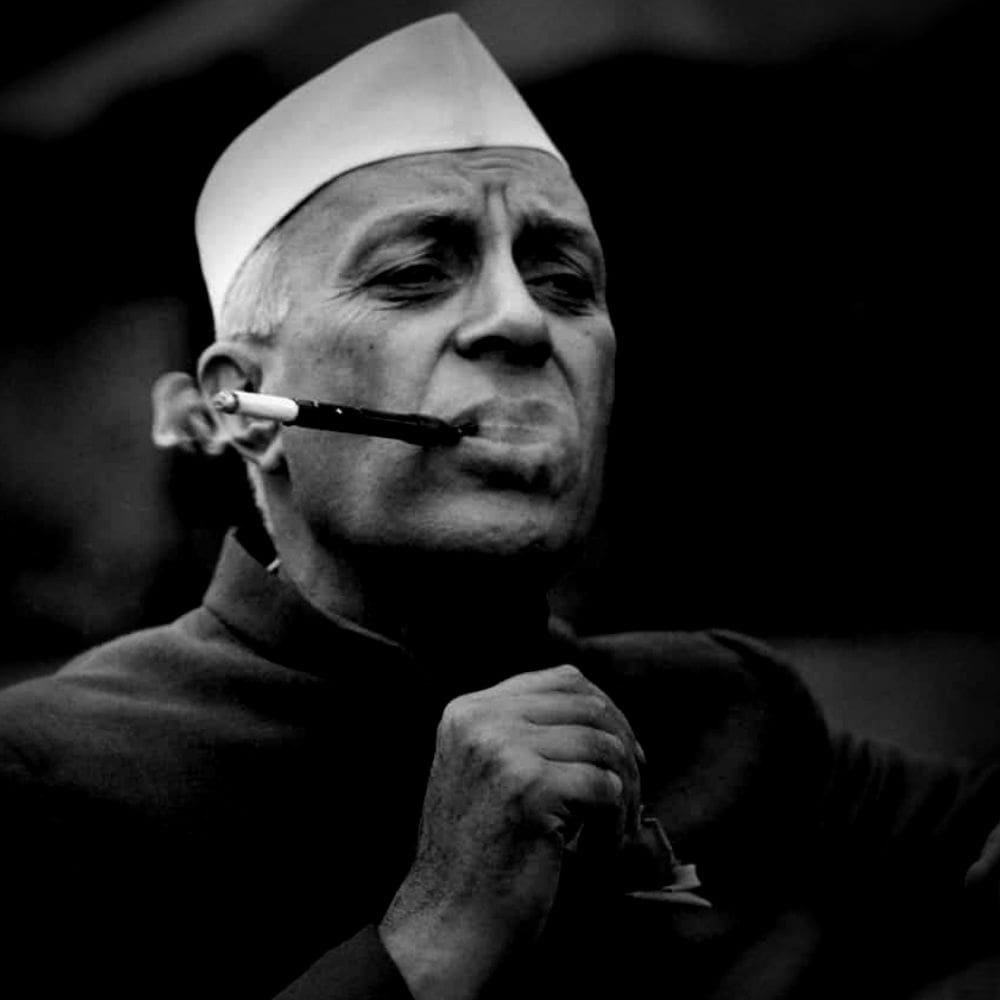NEPOTISM IN THE “GOOD” OLD DAYS
Apart from the dynastic streak vis-à-vis Indira, Nehru had a nepotistic streak. During the Nehruvian era of 1947–64 there were many Pandits, Saprus, Kauls, Katjus, Dhars, Nehrus, and their kins in various government posts. Wrote Neville Maxwell:
“An official (non-Kashmiri, non-Brahmin) who worked closely with Nehru for a time wrote that enemies of the Prime minister used to say that his search for talent and gift for talent spotting was limited to those around him and particularly to Kashmiris, and amongst them, those who were in one way or another connected with the Nehru family…”
Wrote MKK Nayar, an IAS officer:
“India needed a cadre to do diplomatic work after independence. The Federal Public Service Commission was vested with the authority to create it. Kripalani, an ICS officer, headed the Commission and Grubb, a Tamilian and Puranik, a Maharashtrian were Members.
“Youngsters who had the prescribed qualifications were called for an interview. Based thereon, a list of appointees to the new cadre (now known as Indian Foreign Service) was recommended to the Government. Bajpai and others were annoyed by the list. None of their children or in- laws were in it. They therefore sent Nehru a petition that said, ‘We are starting a new cadre. There is no Indian diplomatic service now. The British Foreign Office has done the work. When we start a new diplomatic cadre, youth selected for it must be different from those selected for other services. The Commission does not have the experience to select appropriate persons for such a cadre and those recommended by it are not suitable for us.
“A Special Committee may be formed to select appointees to this cadre. The Special Committee should comprise those who themselves have experience and long service in diplomacy. For this reason, we feel that the list prepared by the Commission may be rejected and a new Committee asked to select the candidates.’
“It is not known whether Nehru considered the repercussions of doing as recommended. But he accepted it. When Kripalani heard this, he resigned. Without mentioning any specific reason, he stated personal inconvenience as his reason for resigning. Bajpai recommended and Nehru accepted it.
“Without considering many of those selected earlier by the Commission, a new Committee [Special Selection Board] began a new selection. In the Commission’s list Ram and I were ranked sixteen and eighteen. We were not considered by the new Committee and we thus lost the opportunity to enter IFS.
“There were indeed many ‘able’ persons in the list prepared by the new Committee—not in scholarly pursuits but in selecting their brides. The list of those selected was such that almost everyone was related to someone in high circles. Even children of Committee members made it into the list. It is impossible to believe that Nehru was not aware of what was going on.”
Nehru’s Personal Private Secretary M.O. (Mac) Mathai had something similar to say in his book ‘My Days with Nehru’:
“The fruits of labour of the Special Selection Board [for foreign services] left much to be desired. All the members of the Board had their own favourites and candidates… Many people with the right connections and some who did not have the minimum educational qualifications entered the foreign service through the back-door. Leilaraani Naidu, the second daughter of Sarojini Naidu, was also taken in. Unlike Ranbir Singh and Mohammad Yunus, she had ample educational qualifications and teaching experience, but was thoroughly temperamental and patently unsuitable for any diplomatic work. She had to be kept in the External Affairs Ministry throughout her term in the Foreign Service as a lame duck…”


